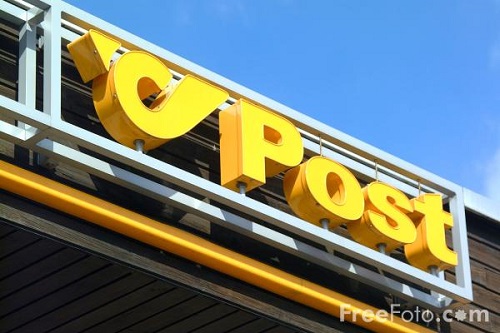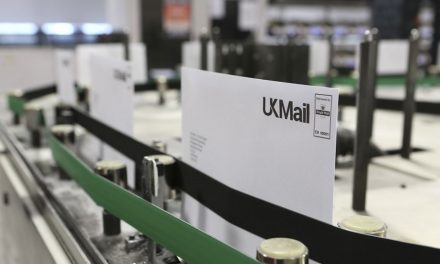
Research offers ammunition for utilities to push e-billing
American power utility Con Edison has said it will continue investing “significant” resources in persuading its customers to opt out of paper-based billing. The company that serves more than 3m customers in the New York metropolitan area has just commissioned research showing that customers receiving electronic bills are 22% more likely to pay on time.
The study carried out by market research agency AccuData on behalf of financial technology firm Fiserv, Inc., also found that customers receiving bills online were up to 64% less likely to use costly call centres with queries than those receiving their bills through the mail.
The research provides further confirmation for utilities and other transactional mailers in the United States currently keen to trim their costs by encouraging customers to opt for digital communications.
Con Edison is now planning to follow up on the findings of the research with further targeted marketing efforts.
Con Edison systems specialist for electronic billing George Roach said: “We invest significant resources in driving e-bill adoption because we believe it improves the overall customer relationship. This study validates our comprehensive focus on e-bill marketing, education and service enhancements.”
Study
The Fiserv/AccuData study analyzed 2m records from Con Edison customers, looking at three different groups – those using online banks to pay their bills, those paying through the Con Edison website and customers continuing to receive bills through the mail.
The big winner for the utility appeared to be customers paying their bills through their online banks – they were 22% more likely to pay bills on time. Customers using Con Edison’s own website were only 6% more likely to pay bills on time than those receiving paper bills.
Fiserv said banking websites provide due-date reminders to customers that help them pay bills on time.
In terms of customer support, the research suggested a bigger difference in behaviour, with online bank users 64% less likely to call for assistance and Con Edison website users 39% less likely to call than receivers of paper bills.
However, within the AccuData research was evidence that different customer segments still have preferences for certain types of billing – and recommends that utilities continue to provide a broad range of billing and payment methods.
“C-level attention”
Fiserv said the study was the first primary research looking at critical business functions like payment and customer service with respect to electronic billing.
The Wisconsin-based company that provides Con Edison’s e-billing distribution system, said the study suggests the move to digital billing systems should prompt action at a senior executive-level (C-level) within the corporate world.
Jardon Bouska, president of Biller Solutions at Fiserv, said: “E-bills deliver strong business benefits that extend beyond cost savings, and this study reinforces e-billing as a strategic function worthy of C-level attention.”
The switch to digital billing systems has played a major role in the major decline of First Class Mail volumes in the United States in the last decade. According to the US Postal Service, which has seen severe financial impacts from the loss of First Class Mail, volumes have dropped 25% since 2006.












